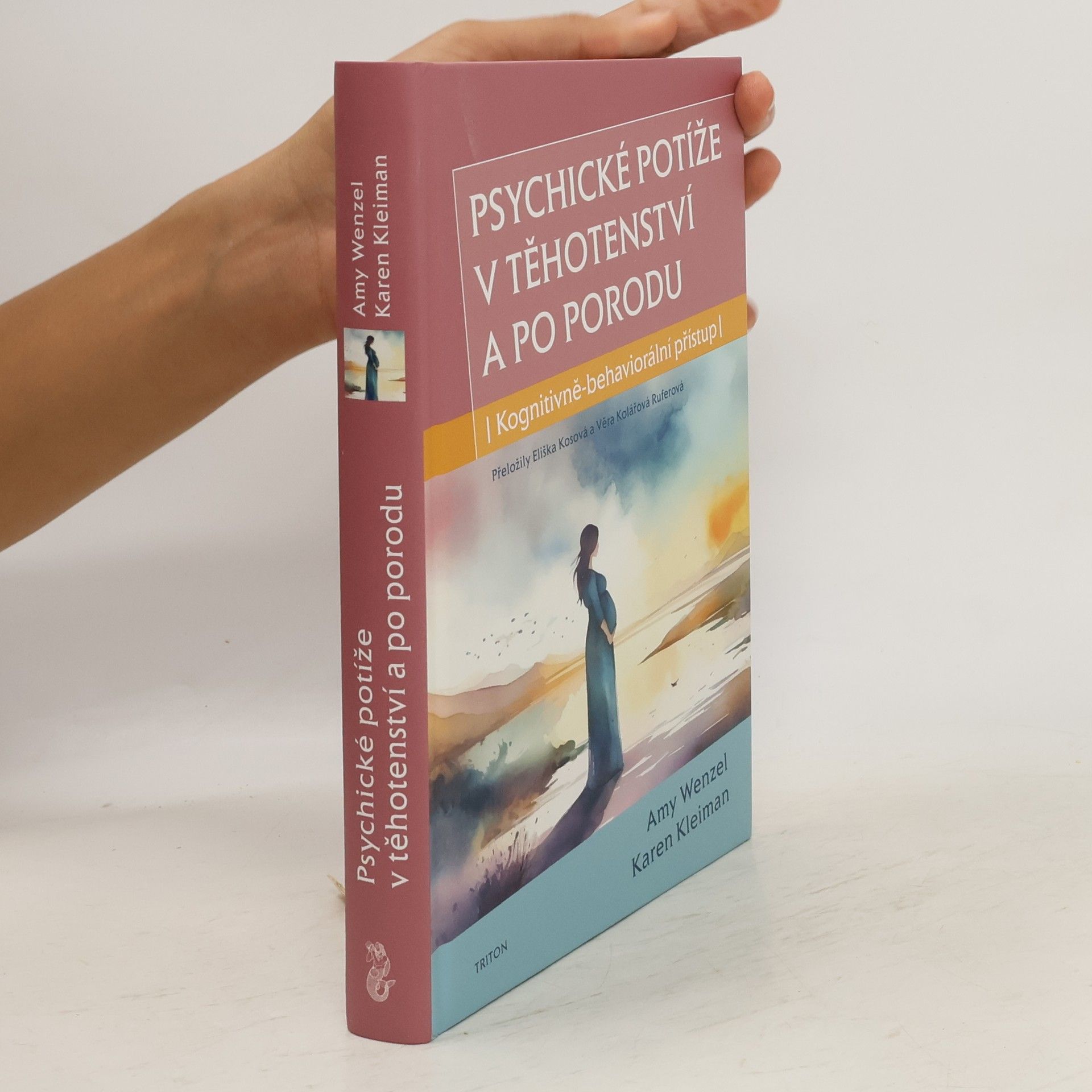Psychické potíže v těhotenství a po porodu
Kognitivně-behaviorální přístup
- 288 stránok
- 11 hodin čítania
Těhotenství a poporodní období obvykle považujeme za období štěstí a radosti, jen málokdy si jej spojujeme s psychickými potížemi, jako jsou deprese a úzkosti, s nimiž se však ženy v těchto životních fázích mnohdy potýkají. Amy Wenzel a Karen Kleiman, odbornice na perinatální psychologii,představují jeden z možných účinných a flexibilních přístupů při psychoterapeutické práci s touto skupinou žen, kognitivně-behaviorální terapii (KBT). Text poskytuje srozumitelné a užitečné informace, které mohou lékařům i psychoterapeutům pomoci úspěšně začlenit strukturu a postupy KBT do podpůrného přístupu při práci s klientkami před porodem a po něm. Rovněž boří mýty o této psychoterapeutické metodě, jež bývá mnohdy mylně označována za rigidní či povrchní.
